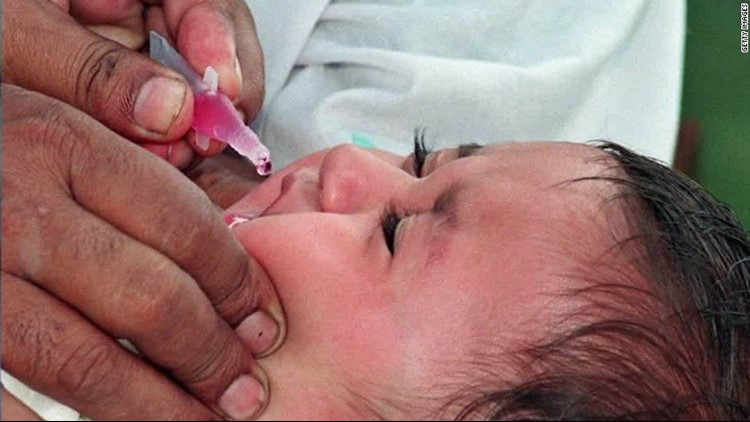A sick child is worry enough, here’s one way parents can avoid additional anxiety. Many parents are making dosing errors when giving medicine to their children, a new study suggests , but using a syringe instead of a cup or spoon could prevent many of those errors.
“When parents used dosing cups, they had four times the odds of making a dosing error, compared to when they used an oral syringe,” said Dr. Shonna Yin, an associate professor at NYU Medical School and a co-author of the study, published today in the journal Pediatrics
Pain relievers and other medications made specifically for children usually come in liquid formulations and, when accuracy is critical, oral syringes are considered the gold standard. Yet, even for this best practices tool — and certainly for methods such as cups and spoons — other factors can baffle the worried parents of a sick child.
Packaging, labeling and dosing information, for example, are not standardized.
“A range of measurement units (eg, milliliter, teaspoon, tablespoon), along with their associated abbreviations, are used as part of instructions on labels and dosing tools, contributing to confusion and multifold errors,” wrote Yin and her co-authors.
“Similar to what other studies have found, our study found that parents with lower health literacy are at greater risk for making dosing errors,” said Yin. She said language was a hurdle for parents who didn’t speak English. She also noted that unit mismatches — when, say, the directions specified a teaspoon of medicine yet the provided tool shows units in milliliters — confused most parents no matter their health literacy or native language.
Yin and her co-authors concluded there would be a significant reduction in errors based on just one change: advising parents to use only oral syringes rather than dosing cups.
The most common mistake
As part of a larger study funded by the National Institutes of Health, the newly published research aimed to identify exactly what could reduce errors when dispensing medicine to a child.
The experiments were conducted at pediatric outpatient clinics in Atlanta, New York, and Stanford, California. In these three urban locations, 2,110 caregivers of children 8 years old or younger participated in the experiments.
The majority of participants were mothers, and 77% had either “low” or “marginal” health literacy. The researchers measured health literacy by showing study participants a nutrition label and then assessing their ability to read the text, pull out key information from a table and perform some necessary math, Yin said.
Next, the parents, all of whom spoke English or Spanish, were given labels and dosing tools. Each parent measured nine doses of medication using various tools with different liquid measurement increments.
The researchers discovered 84.4% of caregivers made one or more dosing errors. And, no matter the health literacy level or language spoken, more errors were seen with cups than syringes, especially when it came to smaller doses.
The most common mistake was overdosing: 68% of the study participants poured out too much, rather than too little medicine.
The signs of overdose
“A lot of people think things like Tylenol or Motrin, because they’re so common and over the counter, are safe, but in actuality, overdoses of those medicines can be serious and even deadly,” said Dr. Stan Spinner, Texas Children’s Pediatrics’ chief medical officer.
Spinner, who was not involved with the current study, said the most common side effects in cases of overdose include irritability, abdominal pain, agitation, nausea, vomiting, rapid heart rate and increased blood pressure.
He added the most serious side effects — increased heart rate and blood pressure — might present only as fussiness in toddlers or infants, and parents might not understand what’s happening.
“This is what makes it more scary because, as a parent, you don’t fully appreciate that your child is having symptoms,” said Spinner.
Learning new habits
Spinner agreed with the recommendation to dispense medications with syringes, though he believes it is even more important that dosages be expressed in milliliters. That said, many parents aren’t comfortable with that, he added. Switching to milliliter doses dispensed by an oral syringe might take some time.
In his experience, parents still want to give a teaspoon or half a teaspoon of medicine and “they’re measuring that with a teaspoon out of the drawer, or a tablespoon out of the drawer,” he said. Sometimes, they simply “reach for that little cup from another medicine they’ve kept on the shelf” because they’re familiar with that.
Spinner added that giving kids medicines either by teaspoon or cup is “a long-standing habit that is difficult to break.”



